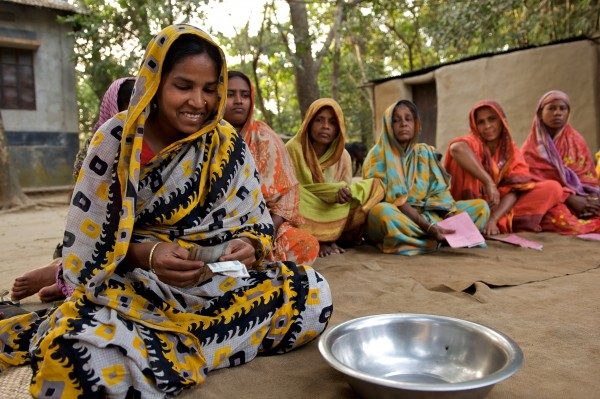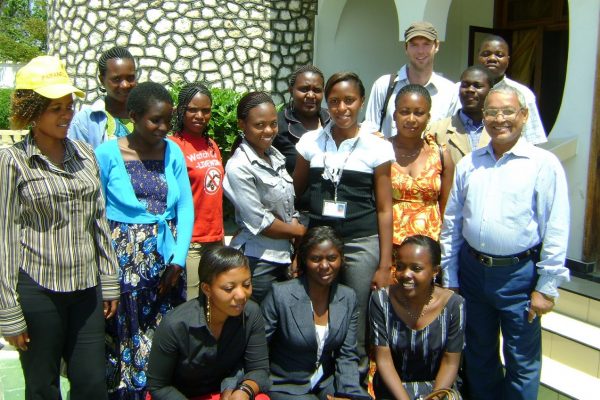Microcredit
June 25, 2015

Published by Maria A May at Jun 25 2015
Categories
This blog was originally posted on 59 minutes of development and Next Billion. Since January, when six randomised control trials were published 'definitively' stating that microcredit is not a viable poverty alleviation tool, microfinance has been taking a lot of heat in the media. One recent article went so far as to compare it to "a zombie that refuses to die." What's kind of funny is that the researchers themselves weren't quite so negative, not that anyone will take the time to read a massive research document. Here's a line I liked.
June 4, 2015

Published by Shameran Abed at Jun 04 2015
Categories
This month, the results from six randomised control trials (RCTs), published in Science magazine highlighted a model of development that is an adaptable and exportable solution able to raise households from the worst forms of destitution and put them onto a pathway of self-reliance. The graduation approach – financial services integrated within a broader set of wrap-around services – is gaining steady recognition for its astonishing ability to transform the lives of the poorest.
February 6, 2015

Published by Isabel Whisson at Feb 06 2015
Categories
Microcredit alone may not transform many people’s lives. But it can be a part of the equation that does. Poverty is a multi-dimensional issue that requires a multi-dimensional approach. Why then do impact studies on microcredit search for transformative effects of what is essentially a limited intervention?
March 13, 2013

Published by Santhosh Ramdoss at Mar 13 2013
Categories
I remember well the worn-out look in the boy’s eyes when he approached and asked, in a hushed yet clear tone, “Sir, I really need a job. Can you please help me? Your company?”
January 29, 2013

Published by Susan Davis at Jan 29 2013
Categories
This post originally appeared on the HBR Blog Network as part of a special collection on Scaling Social Impact.
Forty years ago, British economist E.F. Schumacher, one of the fathers of the Green movement, declared that "small is beautiful" and called for "a new orientation of science and technology towards the organic, the gentle, the non-violent, the elegant and beautiful." The retort from mainstream economists was swift and scathing: "Small is stupid." Without economies of scale, they argued, developing societies would never develop the efficiencies needed to modernize.
November 15, 2011

Published by BRAC at Nov 15 2011
Categories
A few weeks ago, I found myself in Mbeya, the southernmost region of Tanzania. It's not an easy task to get here, for Mbeya lies some 800 kilometers from the capital, Dar-es-Salam, near the borders of Zambia and Malawi.

